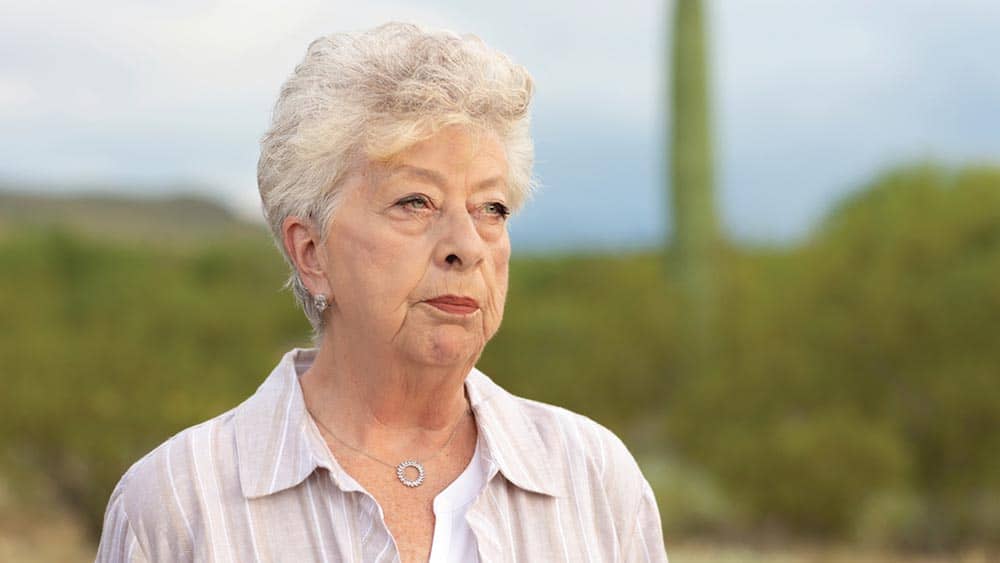

7 Things Seniors and Family Caregivers Should Know About Managing Medications
High blood pressure, diabetes, elevated cholesterol, heart disease, kidney problems, osteoporosis, arthritis, incontinence, depression, pain and sleep problems—these are just a few of the health conditions for which seniors take medications. Yet in turn, the medicines older adults take can have a negative effect on their health. Here are seven things older adults and family caregivers should know.
“Polypharmacy” is a term doctors use when a senior is taking a lot of different medications. Polypharmacy raises the risk of side effects of medicines, which can, in turn, make medication management harder—a cycle to be avoided. “Experts suggest that, for most older adults, taking that many medications may not be medically necessary,” reports the American Geriatrics Society. “Taking multiple medications also can be linked to problems such as falls, frailty, disability, and even death. Polypharmacy also is a problem for older adults due to side effects or interactions resulting from the use of different medications. Older adults may have difficulties taking the medications properly, and the medications may interfere with a person’s ability to function well.”
This is another cycle to avoid. We might experience an undesirable medication side effect, such as dizziness or constipation. Nor realizing what’s causing the problem, we report the new symptom to the doctor—who then might prescribe yet another medication to address the side effect. To avoid this common problem, which experts call a “prescribing cascade,” it’s important that all our healthcare providers are aware of all the medications we take. In some cases, the new drug is necessary. But often, it’s not.
This can not only ward off the “prescribing cascade,” but also could help you avoid an inadvertent overdose. Maybe you take a pill for arthritis pain. Then you come home from gall bladder surgery with a new pain medication. An unplanned dental procedure follows, with yet another prescription. Ask your doctor or pharmacist to review all the medications you take, including prescription drugs, over-the-counter products, vitamins and supplements. You can make a list of your medications , or bring in your pill bottles. And with each medication, ask questions: What is this drug for? Is it necessary? How should it be taken—with food or on an empty stomach? What side effects might occur?
Pharmacists are trained medical professionals whose job is to help ensure that your medications are effective and safe. Take advantage of the advice they offer. They will usually provide you with a sheet of instructions for each prescription, and are glad to go over it with you and answer any questions you have. Save the information sheet in case questions arise later. If possible, have all your prescriptions filled in the same pharmacy so they can keep a comprehensive record of the drugs you take.
Taking medications correctly can be surprisingly challenging. Maybe you’re supposed to take one medication four times a day on an empty stomach, but another one three times a day with food. Maybe your dentist has prescribed a rinse, after which you should avoid drinking anything for half an hour—but another pill needs to be taken with water. And if you have vision loss or memory problems, it can be all the harder. Together with your doctor and pharmacist, devise a system to help you keep track. Look into charts, pill boxes, calendars, pill dispensers with an alarm, specially packaged doses or apps for your smartphone or watch.
A recent study from Aston University in the U.K. found that helping loved ones manage medications is a major source of stress for family caregivers. The caregivers reported several “key burdens”: (1) ambiguity, when caregivers weren’t sure about the purpose of medications; (2) fragmented care, when their loved one had a number of different healthcare providers; and (3) exclusion, when doctors didn’t include family caregivers in decisions or instructions. “When prescribing new drugs, GPs [general practitioners] will often consider things like side effects, but they equally need to think about how someone will actually manage taking them,” said study author Clair Huckerby. “That human side needs to be front and center.”
Medication assistance can be provided in a senior’s home. This might include skilled nursing care to assist with administration and management of medications. Less costly nonmedical home care services also help. Caregivers can drive seniors to the pharmacy or pick up prescriptions. They can remind seniors to take medications, and can alert family to possible side effects. Professional caregivers also help clients maintain an all-around healthy lifestyle, including providing nutritious meals, supervision during exercise, and companionship—all of which can lessen the need for certain medications.
The information in this article is not intended to replace the advice of your healthcare provider. Talk to your doctor about the medications you take, and always talk to your doctor before discontinuing or changing the way you take a medication.
Latest Resources for Seniors
Featured article








